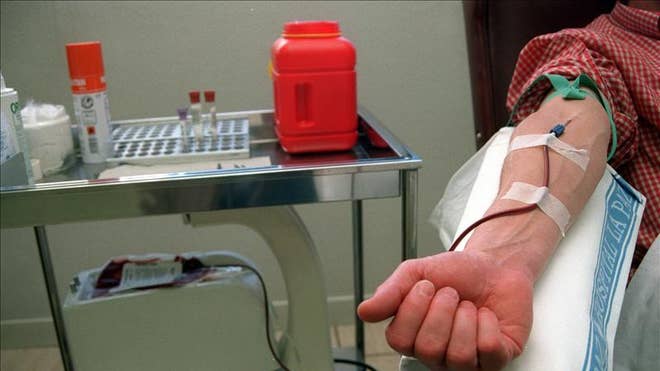Benefits Of Donating Blood
A blood donation occurs when a person voluntarily has blood drawn and used for transfusions or made into medications by a process called fractionation.In the developed world, most blood donors are unpaid volunteers (voluntary non remunerated repeat donations, VNRD) who give blood for a community supply. In poorer countries, established supplies are limited and donors usually give blood when family or friends need a transfusion. Many donors donate as an act of charity, but some are paid and in some cases there are incentives other than money such as paid time off from work. Donors can also have blood drawn for their own future use. Donating is relatively safe, but some donors have bruising where the needle is inserted or may feel faint.Potential donors are evaluated for anything that might make their blood unsafe to use. The screening includes testing for diseases that can be transmitted by a blood transfusion, including HIV and viral hepatitis. The donor must also answer questions about medical history and take a short physical examination to make sure the donation is not hazardous to his or her health. How often a donor can give varies from days to months based on what he or she donates and the laws of the country where the donation takes place. For example in the United States, donors must wait eight weeks (56 days) between whole blood donations but only three days between platelet pheresis donations.















No comments:
Post a Comment